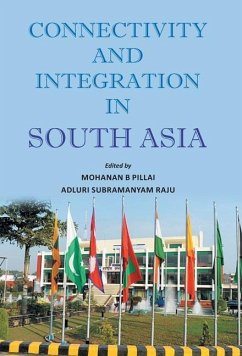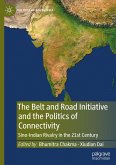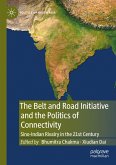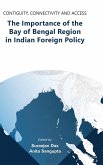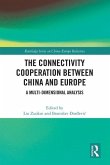South Asia represents one fourth of world population with low gross domestic product, low per capita and low literacy rate coupled with high birth and high death rates. It contains the largest number of the world's hungry about 350 million people. It is afflicted by a number of problemssocial, political and economic. Further, disparity between the rural and urban, poor and rich and violence (extremism, insurgency) have led to instability and insecurity in the region. No common external threat was perceived by the region. South Asian states are plagued by interstate conflicts over boundaries. Absence of collective identity and lack of sense of belonging do still exist in the region and thus hinder South Asia from achieving the momentum to grow at its full potential. South Asia inherited an integrated transport system from the British, but this was fractured not only by the partition but also by its political aftermath. It needs to be integrated again. Due to lack of integration of the transport system in South Asia, the logistic costs are very high and ranges between thirteen to fourteen per cent of GDP. Connectivity plays a significant role in combating poverty. If countries in South Asia continue growing at a seven per cent rate, the incidence of poverty would be reduced from fifty to twenty per cent. Currently South Asia represents only five per cent of trade. If transport network and infrastructure are improved, trade among the South Asian countries would be enhanced. The contributors in this volume focus on the problems being faced by the South Asian countries and suggest amicable solutions to enhance economic cooperation amongst them. The volume tries to visualize a new South Asia free from conflicts, thereby improving the welfare of the people in the region. Structure of the Volume The volume consists of fifteen papers, which divides into four parts. Part-I: Regionalism in South Asia Part-II: Connectivity and Trade in South Asia Part-III: Cultural Linkages and Soft power in Regional Integration Part-IV: Bilateral Relations.
Hinweis: Dieser Artikel kann nur an eine deutsche Lieferadresse ausgeliefert werden.
Hinweis: Dieser Artikel kann nur an eine deutsche Lieferadresse ausgeliefert werden.

